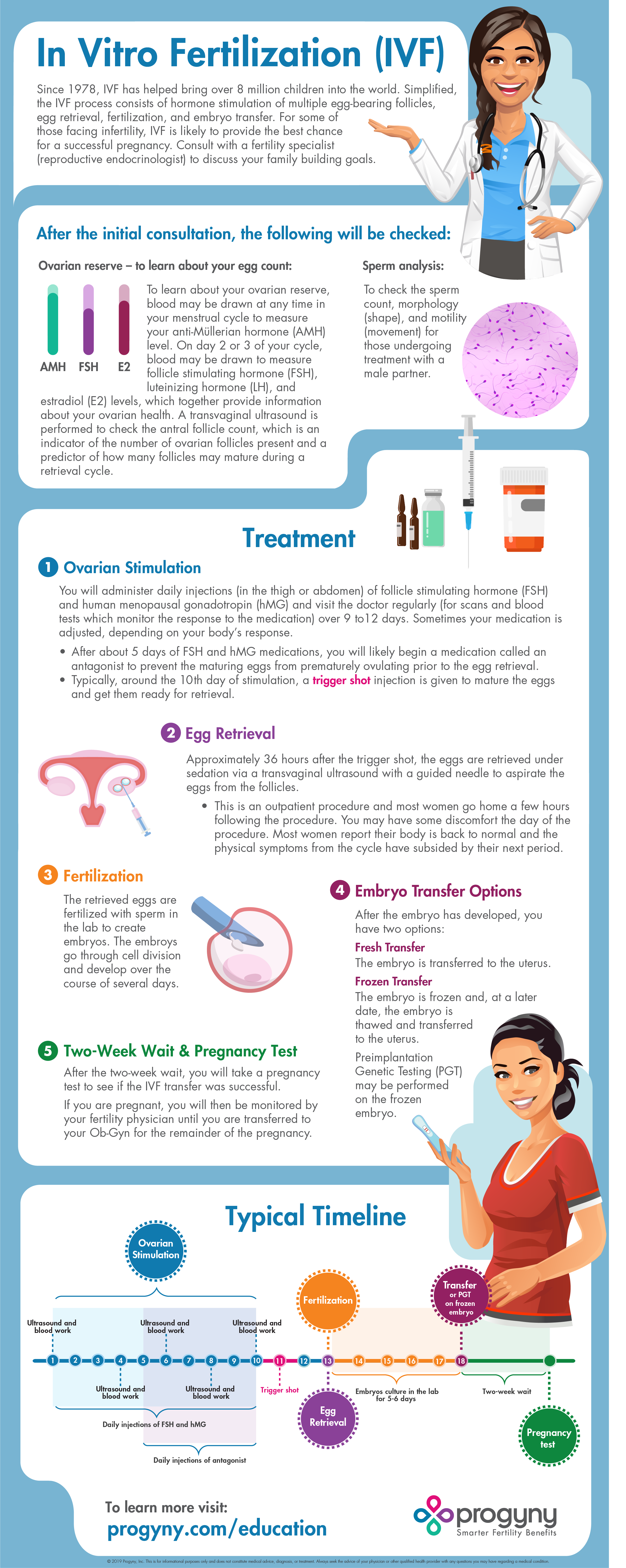Introduction
In vitro fertilization (IVF) signifies a beacon of hope for numerous individuals and partners grappling with infertility. More than the past number of many years, advancements in reproductive technologies have not only enhanced the odds of conception but also opened the door to a revolutionary treatment: preimplantation genetic prognosis (PGD). PGD makes it possible for for the genetic screening of embryos in advance of they are implanted in the uterus, ensuring that only embryos without the need of discovered genetic ailments or abnormalities are picked for pregnancy. As we navigate by the twenty first century, PGD stands at the forefront of reproductive medication, heralding a new era of genetic screening that promises to reshape the upcoming of IVF.
The Evolution of IVF and Genetic Screening
IVF has been through a radical transformation since the start of Louise Brown, the world’s very first “take a look at-tube newborn,” in 1978. Early IVF processes had been marred by reduced results fees and limited knowledge of embryonic progress. The introduction of genetic screening was a recreation-changer, making it possible for embryologists to examine the genetic makeup of embryos and choose these with the optimum probable for a healthier being pregnant.
The Growth of Preimplantation Genetic Diagnosis
PGD is a specialized procedure that involves taking away 1 or additional cells from an IVF embryo to check for distinct genetic problems ahead of the embryo is transferred to the uterus. At first formulated to monitor for sexual intercourse-joined diseases, PGD has expanded to involve a huge selection of genetic and chromosomal abnormalities.
Knowing the Genetic Screening Course of action
The procedure of PGD begins with the typical IVF cycle, in which eggs are harvested and fertilized in the lab. As soon as the embryos reach the blastocyst phase, a couple cells are biopsied and analyzed making use of 1 of several genetic screening procedures, these types of as polymerase chain reaction (PCR) or subsequent-generation sequencing (NGS). These procedures let for the detection of one-gene problems, chromosomal abnormalities, and even the potential for inherited cancer syndromes.
The Ethics of Genetic Screening
As with lots of advances in biotechnology, PGD provides with it a host of ethical things to consider. The ability to find embryos based on genetic standards has sparked discussion about the idea of “designer babies” and raised considerations about eugenics. Ethicists and medical industry experts continue on to grapple with these concerns, striving to come across a balance among the positive aspects of genetic screening and the ethical implications of genetic variety.
The Influence of PGD on Genetic Diseases
PGD has had a profound influence on the avoidance of genetic diseases. Families with histories of heritable circumstances like cystic fibrosis, Tay-Sachs condition, or Huntington’s illness now have the choice to bear youngsters without the dread of passing these ailments on. This has not only minimized the incidence of specified genetic issues but also alleviated the psychological and monetary load on families and health care devices.
Enhancements and Improvements in PGD
The discipline of PGD is continually evolving, with new systems enhancing its accuracy and scope. The arrival of comprehensive chromosomal screening (CCS) makes it possible for for the analysis of all 23 pairs of chromosomes, making sure that only embryos with the appropriate number of chromosomes are implanted. This has appreciably lowered the chance of miscarriages and improved the achievements charges of IVF.
The Part of PGD in Family members Balancing and Gender Choice
One particular of the more controversial features of PGD is its use in family balancing and gender collection. Some argue that the potential to opt for the intercourse of one’s baby is a organic extension of reproductive freedom, though other people get worried about the social and demographic penalties of these kinds of selections. Nonetheless, in instances in which gender-particular genetic problems are a worry, gender choice remains a essential factor of PGD.
The Upcoming of PGD: Expanding the Choices
As we appear to the upcoming, PGD is poised to grow in capabilities. their explanation into polygenic hazard scores could help PGD to monitor for intricate situations like coronary heart sickness or diabetes, which are influenced by various genes. There is also the prospective to use PGD in conjunction with gene enhancing systems like CRISPR, to not only pick out but also proper embryos at the genetic level, even though this continues to be ethically and lawfully contentious.
Legal and Regulatory Things to consider
The regulation of PGD differs noticeably all over the globe, with some nations around the world embracing the technological innovation and others imposing rigorous limitations. As the science progresses, policymakers will be challenged to produce frameworks that assure moral programs of PGD although supporting scientific progression.
Summary
Preimplantation genetic prognosis stands at the intersection of genetics, drugs, and ethics, supplying unparalleled command in excess of the genetic health of potential generations. Its integration with IVF has already improved the prospects of would-be dad and mom to have healthful young children and promises to proceed its trajectory of innovation in the realm of reproductive wellness. As we advance, it is vital that we consider the ethical implications and legal frameworks vital to guide the responsible use of this impressive technology. The upcoming of PGD in IVF is not just about the science of genetics, but also about the values we as a culture choose to uphold
